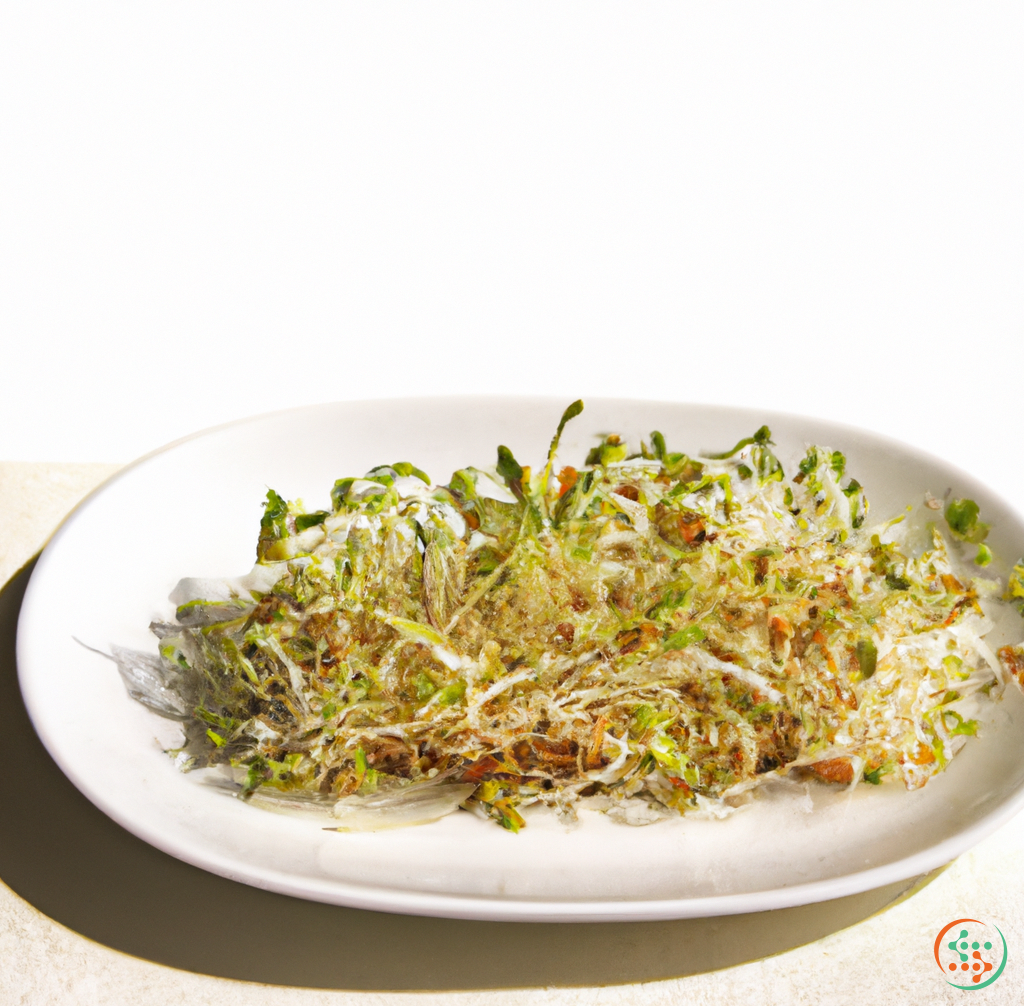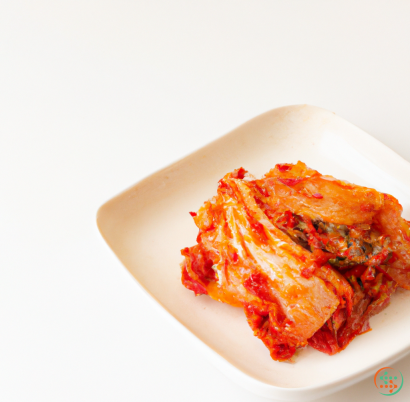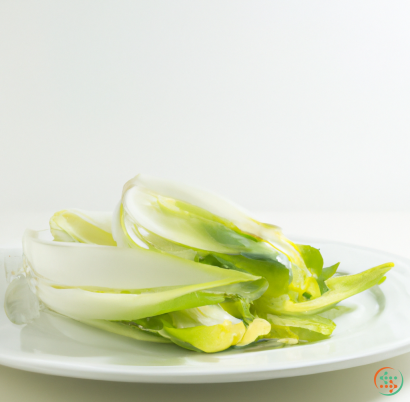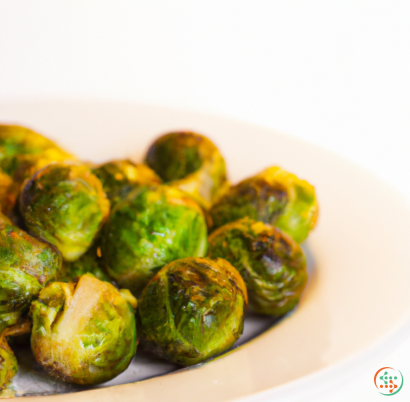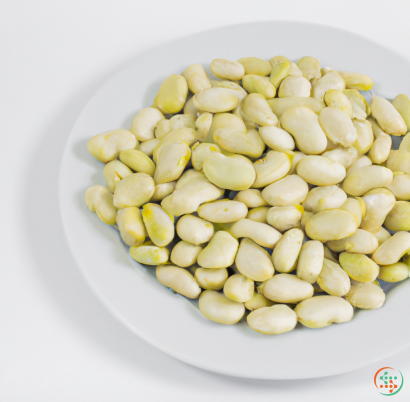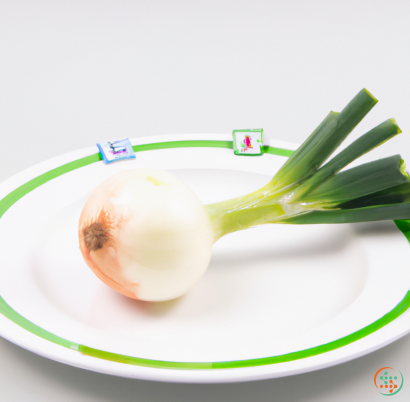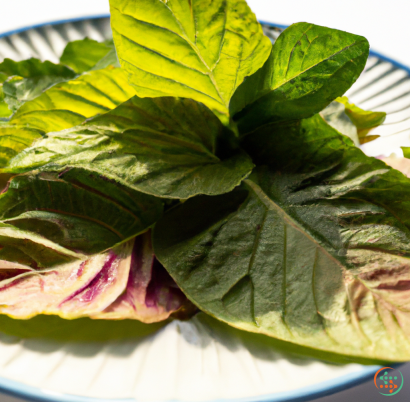Alfalfa Sprouts
, why it is important, and how to sprout it.
Alfalfa sprouts are one of the most popular sprouts on the market today, found in many different recipes and on many restaurant salads. But what exactly are they, why are they so popular, and how do you go about growing your own? These are all important questions to ask when it comes to making the right decisions about nutrition and food preparation.
What Are Alfalfa Sprouts?
Alfalfa sprouts are the edible shoots of the alfalfa plant, Medicago sativa, commonly eaten as an addition to salads, sandwiches, and stir-fries. They are highly valued for their high nutritional content, which in many cases is even better than that of the alfalfa plant itself. They are comprised of a variety of vitamins, minerals, and trace elements, important for good health. They are also high in both soluble and insoluble dietary fibers.
Alfalfa sprouts have a crisp and crunchy texture that is often described as being slightly nutty. The flavor is mild and slightly sweet.
Why Are Alfalfa Sprouts Important?
Alfalfa sprouts are a good source of protein, which is important for those looking to add healthy sources of this nutrient to their diet. They are an excellent source of several minerals, including iron, magnesium, potassium, and zinc. These minerals are needed for cellular energy production and for various other bodily functions.
Alfalfa sprouts are also high in antioxidants and lutein, which can help to lower your risk of developing serious health conditions. Lutein, in particular, has been shown to reduce the risk of age-related macular degeneration, a condition that can cause serious vision issues.
They are very low in calories and fat, making them an excellent choice for those looking to limit their consumption of these nutrients. While they are low in calories, they are high in fiber, helping to make you feel fuller longer and providing important benefits to digestion and regularity.
How To Sprout Alfalfa Seeds
Now that you know the nutritional benefits of alfalfa sprouts, learning how to grow them yourself is easy! All you need is some alfalfa seeds and either a sprouting jar or a sprouting tray.
To use a sprouting jar, start by filling the jar with lukewarm water and adding 1-2 tablespoons of alfalfa seeds. Place the top on your jar slightly askew and let the seeds soak for about 8 hours. After the 8 hours, dump out the water and rinse the seeds.
Place the jar upside down in a bowl or on a plate and let the seeds sit for 6-12 hours. Rinse and drain the seeds twice a day until the sprouts are an inch or two long. This can take anywhere from 2-8 days, depending on the conditions. Make sure you drain the water off either by pouring it out, or tipping the jar over a sink.
If you’re using a sprouting tray, line it with alfalfa seeds and cover with a damp cloth. Place the tray in a warm, dark area and let the seeds sit for 8-12 hours. After the soaking time, place the tray in an area with good ventilation and make sure to keep the cloth damp. Rinse and drain twice a day until the sprouts reach their desired length.
Once your alfalfa sprouts reach their desired length of two to four inches, rinse one last time and give them a few extra hours to dry before harvesting. Simply cut off the sprouts at the root and enjoy your own fresh, homemade alfalfa sprouts!
In conclusion, alfalfa sprouts are a valuable addition to many meals and recipes. An excellent source of vitamins and minerals, they can provide a variety of health benefits. With their mild flavor, crunchy texture, and easy-to-grow nature, it’s no wonder that they’ve become so popular. Give them a try today and reap the benefits of fresh alfalfa sprouts in your own kitchen!
Alfalfa sprouts have earned a reputation as a nutritional powerhouse, but have you ever wondered just how alfalfa sprouts get from the farm to your dinner plate? In this blog post we’ll explore the journey of alfalfa sprouts from farm to table, looking at the science and technology involved in creating and delivering this nutrient-dense food to your plate.
Alfalfa Sprouts: From Seed To Sprout
Before alfalfa sprouts can make their way to your dinner plate, they’re grown from seeds. All alfalfa sprouts begin as seeds, and the specific variety of seed determines the size, shape, and taste of the sprouts. Alfalfa seeds are quite small; about the size of a poppy seed. The alfalfa seeds used for sprouting contain two embryonic leaves inside, and each seed contains one or two more embryonic leaves depending on the variety.
Alfalfa seeds are planted in fertile soil and are kept damp but not soaking. Although they contain enough energy to germinate, they need some help with nitrogen, potassium, and other essential nutrients, which need to be spread around the soil in order to achieve healthy growth.
The process of sprouting begins with water, which starts the process of germination. As the seed takes in water, tiny roots, or radicles, emerge. The radicles draw in additional moisture, allowing the germination to continue. After a few hours of hydration and exposure to light, the radicles are visible and the sprouting process continues.
The sprouting process of alfalfa plants is a delicate balance of stimulated and slowed growth. During the sprouting process, the seed’s coat keeps the nutrients from rapidly leaking out, so the sprout grows slowly and steadily while still receiving the energy it needs to form. This stage of sprouting takes anywhere from 3 – 7 days, depending on environmental conditions and the specific variety of alfalfa seed planted.
Harvesting and Post-Harvest Handling of Alfalfa Sprouts
Alfalfa sprouts are typically harvested by hand, but some farms use machinery to help speed up the process. After harvesting, the alfalfa sprouts are carefully washed to ensure that dirt and any other contamination is removed from the plants. Once the sprouts are rinsed and dried, they are weighed and packed in sealed bags to ensure quality and freshness during transport.
The importance of proper post-harvest handling of alfalfa sprouts cannot be overstated; without proper care and monitoring, sprouts could spoil easily and quickly, leading to potential health issues for consumers. To minimize potential spoilage, sprouts are transported at a cold temperature of -2°C to 4°C and are checked frequently for signs of spoilage (e.g., mold, discoloration, or off-order smells) and other foreign matter.
Getting Alfalfa Sprouts To the Dinner Table
Once alfalfa sprouts have been properly packaged and transported to the processing plant, they have to go through several rounds of cleaning and grading. During this process, the sprouts are washed with compressed air to remove dust, dirt, and other contaminants. The sprouts are then scanned by a sorting machine to assess their size, shape, and color, ensuring that only the highest quality sprouts reach the dinner table.
The sprouts are then packaged into plastic bags or sealed containers and shipped to grocery stores, markets, and other retailers, where they are stocked on shelves for consumers to purchase. Alfalfa sprouts are generally kept in cool and refrigerated conditions to preserve freshness and prevent them from spoiling.
How to Prepare Alfalfa Sprouts for Eating
When preparing alfalfa sprouts for eating, it’s important to take certain steps to ensure that the sprouts are safe to consume. First, the sprouts should be washed thoroughly with cold water to remove any dirt or other contaminants. After rinsing, the sprouts can be cooked or eaten raw.
When eating alfalfa sprouts raw, it’s important to check for any signs of spoilage. If present, the sprouts should be discarded to avoid any health risks. When served raw, alfalfa sprouts are best consumed within three days of purchasing.
After properly preparing the sprouts, they can be enjoyed as a delicious and nutritious snack or salad topping. Alfalfa sprouts can also be cooked in soups and stir-fries, adding a delicious and crunchy texture to meals.
Conclusion
Alfalfa sprouts are a nutrient-dense food that is rich in vitamins, minerals, and fiber. From farm to table, a lot of technology and science is involved in ensuring that alfalfa sprouts are healthy, safe, and of the highest quality when they reach your dinner plate. When properly prepared and consumed, alfalfa sprouts can provide a nutritious addition to any meal.
| Vitamin A | 0.008 mg | |
| Beta-Carotene | 0.087 mg | |
| Alpha-Carotene | 0.006 mg | |
| Vitamin E | 0.02 mg | |
| Vitamin K | 0.0305 mg | |
| Vitamin C | 0.0082 grams | |
| Vitamin B1 | 0.08 mg | |
| Vitamin B2 | 0.13 mg | |
| Vitamin B3 | 0.48 mg | |
| Vitamin B4 | 0.0144 grams | |
| Vitamin B5 | 0.56 mg | |
| Vitamin B6 | 0.03 mg | |
| Vitamin B9 | 0.036 mg |
| Calcium | 0.032 grams |
Daily Value 1.3 g
|
| Iron | 0.96 mg |
Daily Value 0.018 g
|
| Magnesium | 0.027 grams |
Daily Value 0.4 g
|
| Phosphorus | 0.07 grams |
Daily Value 1.25 g
|
| Potassium | 0.079 grams |
Daily Value 4.7 g
|
| Sodium | 0.006 grams |
Daily Value 2.3 g
|
| Zinc | 0.92 mg |
Daily Value 0.011 g
|
| Copper | 0.16 mg |
Daily Value 0.9 mg
|
| Manganese | 0.19 mg |
Daily Value 0.0023 g
|
| Selenium | 0.6 ug |
Daily Value 0.055 mg
|
| Threonine | 0.134 grams | |
| Isoleucine | 0.143 grams | |
| Leucine | 0.267 grams | |
| Lysine | 0.214 grams | |
| Valine | 0.145 grams |
| Glucose | 0.08 grams |
|
| Fructose | 0.12 grams |
|
| Total Sugars | 0.131141 grams |
per 100g
|
| Palmitic acid (16:0) | 0.06 grams |
|
| Stearic acid (18:0) | 0.01 grams |
|
| Total Saturated fatty acids: | 0.07 g | |
| Oleic acid (18:1) | 0.06 grams |
|
| Total Monounsaturated fatty acids: | 0.06 g | |
| Linolenic acid (18:3) | 0.18 grams |
|
| Linoleic acid (18:2) | 0.23 grams |
|
| Total Polyunsaturated fatty acids: | 0.41 g | |
